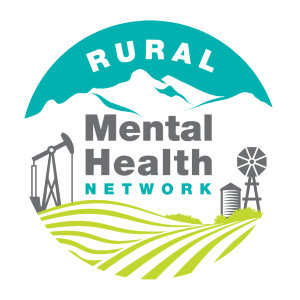The Rural Mental Health Network is a growing, community-led initiative that empowers rural and remote communities to drive mental health and wellness where they live. Grounded in collaboration and local leadership, the Network connects people, ideas, and resources across Alberta.
What Is the Rural Mental Health Network?
Coordinated by CMHA Alberta and the Centre for Suicide Prevention, the Rural Mental Health Network supports Community Animators across Alberta to lead local conversations and action. Through training, peer learning, funding, and collaboration, the Network supports upstream, community-led mental health transformation.
- Training & Support – Free facilitation training and peer mentorship for Community Animators
- Resources & Tools – Access to a digital platform with workshops, templates, and co-learning opportunities
- Community Grants – Funding for locally designed wellness projects
- Collective Learning – Network gatherings, working groups, and storytelling across rural Alberta
How We Got Here: From Project to Network
The Rural Mental Health Network began as a pilot project in 2019. Funded by the Government of Alberta and coordinated by CMHA – Alberta, the project aimed to explore how rural communities could strengthen mental health and wellness using their own local knowledge and leadership.
Over time, the project evolved into a long-term network with over 150 trained Community Animators, hundreds of local action teams, and a province-wide digital platform.
Who’s Involved?
The Network is made up of rural residents, health professionals, service providers, nonprofit leaders, and people with lived experience. Anyone with a passion for rural mental wellness is welcome to join.

